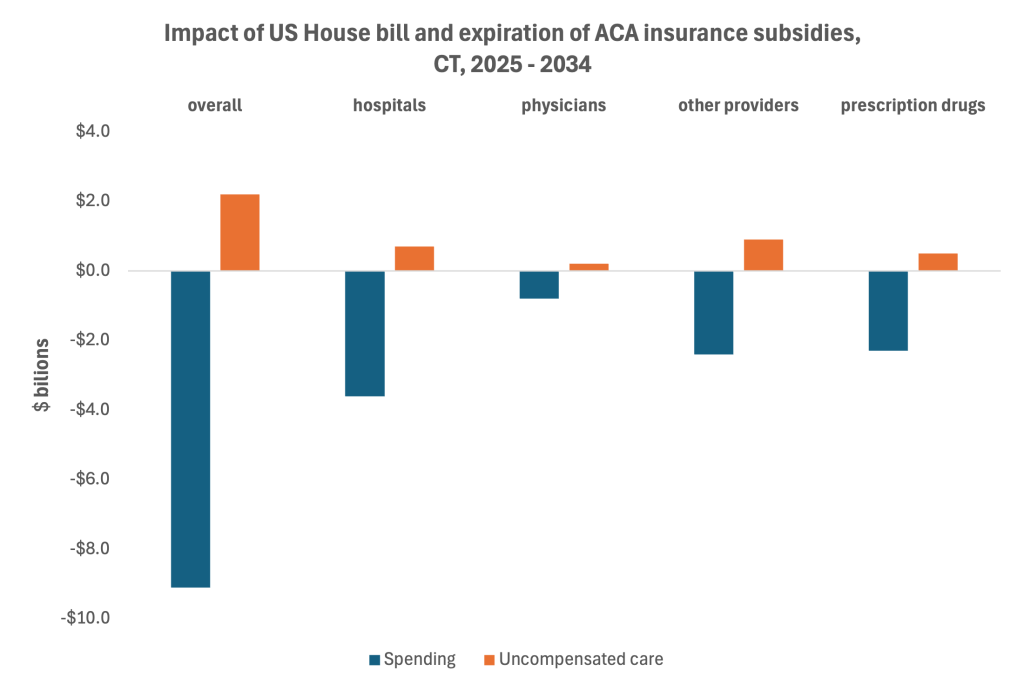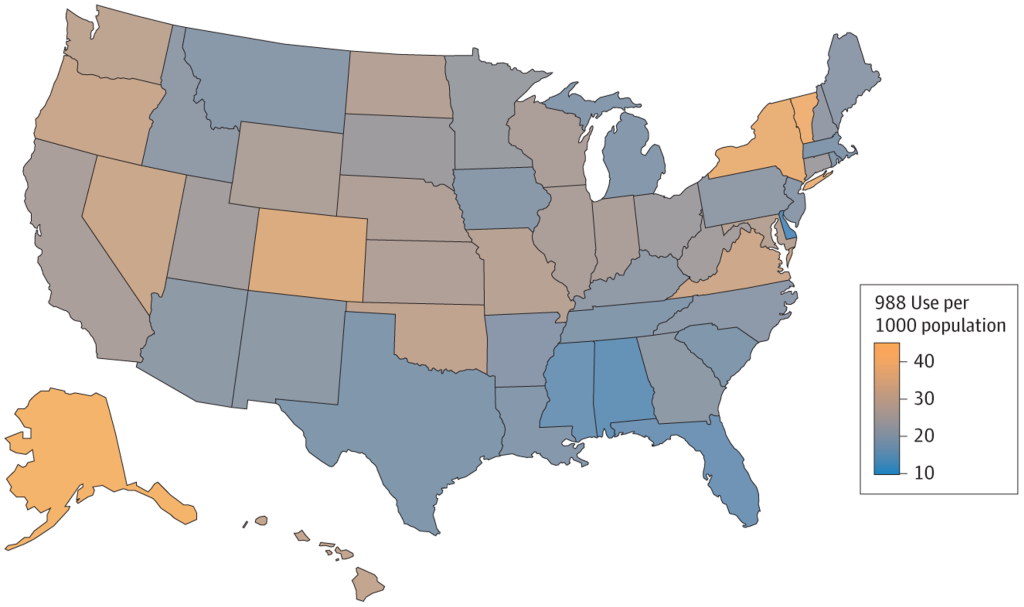Stats & Data
Quality chapter in CT Healthcare Explained updated
We’ve updated the Quality chapter of CT Healthcare Explained. The update was prompted by new numbers and new topics, including hospital and Medicaid quality of care. CT Healthcare Explained is our explainer website cutting through the complexities of our state’s healthcare system. Like the other 17 topic sections, Private Insurance includes a Basics summary and…
Read MorePrivate Insurance chapter in CT Healthcare Explained updated
We’ve updated the Private Insurance chapter of CT Healthcare Explained. The update was prompted by new numbers and new topics, including level-funded plans, Connecticut private insurance prices compared to Medicare, and wide hospital price variation. CT Healthcare Explained is our explainer website cutting through the complexities of our state’s healthcare system. Like the other 17…
Read MoreAnalysis: State agencies need partners to avoid the havoc that’s coming
Lately, I’ve been reminded of both the importance and the difficulty in working with state agencies. But collaboration between state agencies and outside stakeholders who share the same goals has never been more important. Read more
Read MoreMedicaid chapter in CT Healthcare Explained updated
We’ve made a massive update to the Medicaid chapter of CT Healthcare Explained. The update was prompted by new numbers and updated performance. We also included the significant changes to the program required by the budget bill passed by Congress and the Trump administration this month. We also included a description of Connecticut’s decision not…
Read MoreCT health policy learning opportunity
To help build health policy capacity in our state, the CT Health Policy Project is launching a guided study/class that builds on CT Healthcare Explained. There is no cost for the course. There is a webpage for the course (learncthealth.org) that starts in September and runs through December. We’ll use a hybrid format – video…
Read MoreCT drops five notches in health system performance ranking
Connecticut ranks 11th among states according to the Commonwealth Fund’s 2025 Scorecard on State Health System Performance report. While we’re still ahead of 39 states, we fell from 6th place in the 2023 report. The problems touch the cost of care, no surprise, but also utilization/access and quality. The cost of care gets a lot…
Read MoreFederal changes are coming into view – it’s not good, but there is hope
It’s hard to keep up with the updates about the potential impact of Congressional healthcare proposals. Just when there is a glimmer of light, it gets worse. I won’t blame anyone for not reading any further. For those of us who can’t look away, here are two new analyses of note and two glimmers of…
Read MoreCoverage chapter in CT Healthcare Explained updated
We’ve refreshed the numbers, links, and trends in the Coverage chapter of CT Healthcare Explained. The update was prompted by new numbers but also by significant potential changes being considered by Congress and the Trump administration now. We have a lot to lose in Connecticut, where our uninsured rates are low compared to other states.…
Read MoreThree years after 988 mental health line launch, impact is mixed
Studies considering the impact of national 988 system finds significant variation between states, but access to emergency services after the call is deficient nationwide. The 988 phone system for mental health crises launched nationwide in July 2022, providing a single easily-remembered number for mental health crises anywhere in the country. Call rates increased significantly after…
Read MoreUpdated data tool finds CT life expectancy 8 years better than US, but large disparities
County Health Rankings has updated their massive dataset for 2025, and Connecticut is doing well overall. We live longer than residents of other states, but our quality of life is just average. There are also significant health differences between communities in our state. The site has a wealth of data, and an AI-powered tool to…
Read More






